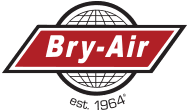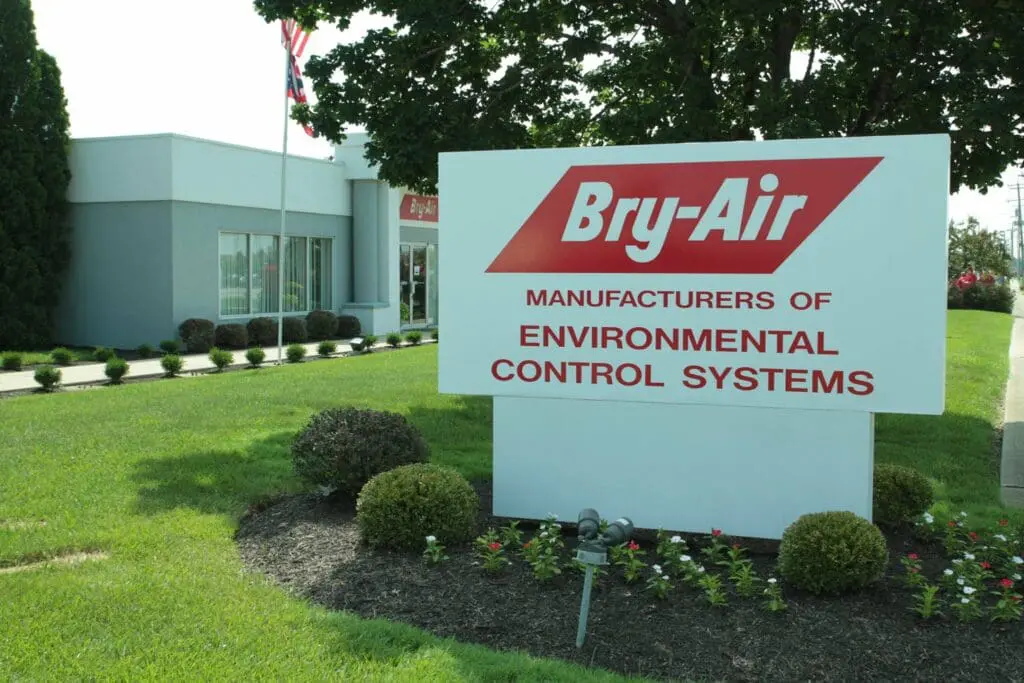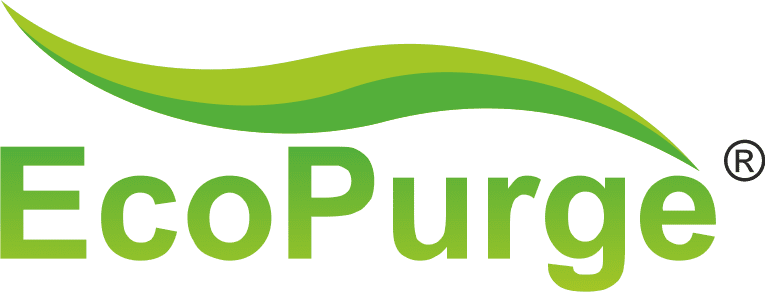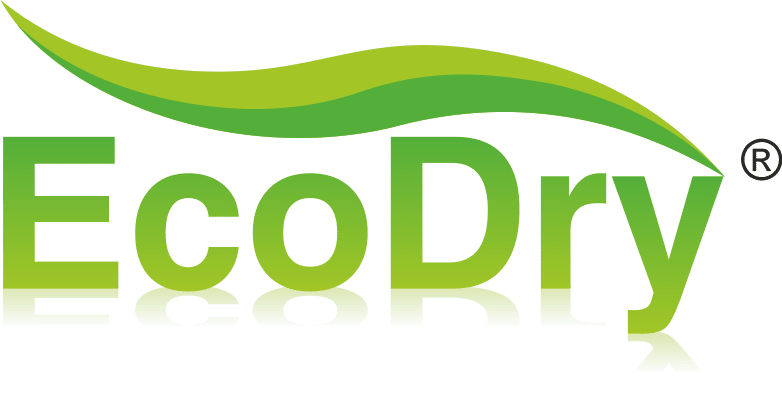Dehumidification in Pharmaceutical Tableting Operations

While many people rely on pharmaceutical tablets to maintain and enhance their health, few people take the time to fully appreciate the meticulous process required to create these pills. Creating effective pharmaceutical pills requires many specific factors to be in place, one of which is an ideal environment in which to successfully complete tableting operations. As the article below will explain, an essential part of creating that ideal environment involves using dehumidification at various stages of the pharmaceutical tableting process.
Why is Dehumidification Essential for Pharmaceutical Tableting?
Dehumidification is important to the process of creating pharmaceutical tablets for several reasons. But to understand why that is the case, it’s helpful to understand the many sources of air moisture and the ways in which it can prevent successful tablet creation.
Ideally, a pharmaceutical tableting facility will have specific and consistent levels of air temperature and humidity. However, external air, the presence of workers, and even pharmaceutical products can produce air moisture. All of those air moisture sources contribute to the difficulty of creating pharmaceutical tablets.
When the relative humidity in a pharmaceutical tableting facility becomes too high, it becomes difficult, if not impossible, to produce pharmaceutical tablets. Fortunately, developing a comprehensive dehumidification system helps to ensure that the relative humidity in your tablet production area remains in the proper range.
By keeping humidity at an appropriate level, dehumidification allows the ingredients that go into a pharmaceutical tablet to coalesce successfully, resulting in a long-lasting and highly effective pill. This focus on creating the ideal production environment is one of the many ways in which pharmaceutical manufacturers can consistently provide reliable medications to those who need them most.
What is a Hygroscopic Substance?
At this point, you might be wondering why high humidity can be so detrimental to pharmaceutical tableting operations. The main reason for the negative effect that air moisture can have is that many of the substances used to create pharmaceutical pills are hygroscopic.
The term hygroscopic is unfamiliar to most, but it has a simple definition. A hygroscopic substance is a substance that readily absorbs water from its surroundings. Hygroscopy in itself is not necessarily a flaw, but it can become a challenge in certain situations.
In the context of pharmaceutical tableting, the hygroscopic nature of tablet ingredients presents many issues. Mainly, when tablet ingredients have the opportunity to absorb ambient moisture, it often prevents them from binding together successfully. This leads to pills that fail to hold their form and are entirely unfit for sale or use by the public.
The presence of moisture in a pharmaceutical pill can also create a sanitation issue. When a pill contains moisture, the proliferation of bacteria is far more likely, ultimately leading to that pill being unsafe for use.
The best way to inhibit the hygroscopic nature of pharmaceutical tablet ingredients is to eliminate the presence of excess air moisture in the first place. Dehumidification is the most reliable means to achieve that goal. By lowering the relative humidity, a dehumidification system ensures that the hygroscopic materials in a pharmaceutical tablet don’t have the chance to absorb air moisture.
When to Use Dehumidification in the Pharmaceutical Tableting Process
By now, you understand why dehumidification is vital to pharmaceutical tableting operations. However, the process of creating tablets is not the only stage at which it is important for pharmaceutical manufacturers to use dehumidification.
Maintaining a specific level of relative humidity is also essential when packaging and storing pharmaceutical tablets after their creation. Both of those stages present opportunities for air moisture to compromise the integrity of a newly produced pill. As such, a complete approach to dehumidification in pharmaceutical tableting operations involves controlling air moisture during production, packaging, and storage.
Additional Benefits of Dehumidification in Pharmaceutical Tableting
It’s crucial to note that dehumidification is not only necessary for creating viable pharmaceutical pills. It also has other benefits to the entire pill production process.
In many cases, maintaining an ideal relative humidity helps the machines used in tableting to operate more accurately and with greater efficiency. This improved efficiency not only leads to better pill production but also allows tableting equipment to have a longer lifespan, which leads to lower replacement and operating costs for pharmaceutical manufacturers in the long run.
Earlier, we mentioned that excessive moisture can allow for the growth of bacteria within a hygroscopic pill. In keeping with that theme, you should also consider how moisture affects your tablet manufacturing facility itself.
Simply put, using a dehumidification system creates a safer and healthier environment for those who work in pharmaceutical manufacturing facilities. Reducing moisture leads to lower levels of bacteria, meaning that workers can enjoy a clean working environment in which germs and diseases are unlikely to spread.
What's the Best Type of Dehumidifier for Pharmaceutical Tableting Operations?
A complete dehumidification system is a must-have feature for any facility that hopes to produce high-quality pharmaceutical tablets. However, not all dehumidifiers are equally capable of providing the benefits that we have mentioned in this article.
In most situations, the best type of dehumidifier to use for pharmaceutical tableting operations is a type known as a desiccant dehumidifier. Desiccant dehumidifiers are advantageous over other types of dehumidifiers for several important reasons.
First, desiccant dehumidifiers consistently prove to be among the most efficient dehumidifier varieties. Desiccant dehumidifiers have an incredible ability to maintain low levels of air moisture while also being relatively energy efficient. These dehumidifiers also operate well in low temperatures, which are often a requirement for the production of certain types of pills.
Additionally, desiccant dehumidifiers are known for their quiet operation. Unlike other types of dehumidifiers, a desiccant dehumidifier won’t present any obnoxious humming sounds while it is in operation.
Along with finding the right type of dehumidifier for pharmaceutical tableting, it is equally important to find a dehumidifier supplier that meets your needs. At Bry-Air, we have over 60 years of experience providing environmental control systems to a wide range of industries. If you operate in the pharmaceutical tableting industry and would like to learn more about what Bry-Air can provide, reach out to us today!










